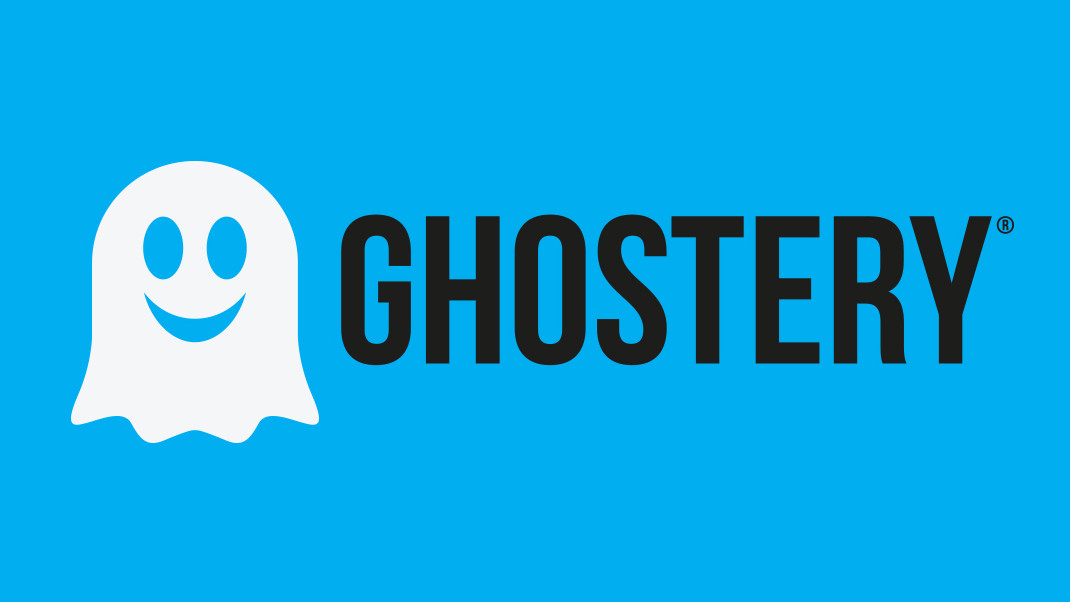Free privacy for all: Ghostery users can now pay with their expertise instead
The privacy firm is committed to build a user-first internet

Sign up for breaking news, reviews, opinion, top tech deals, and more.
You are now subscribed
Your newsletter sign-up was successful
While the cybersecurity software market revenue is expected to grow over $100bn by 2026, a digital privacy company has just ditched paid subscriptions for all.
The famous provider behind one of the best adblockers around right now, Ghostery has turned to a contributor program instead. This will help keep the software running, while allowing users to actively do their part in improving the tool.
Despite always coming with a free plan, Ghostery was charging a monthly or annual fee for additional advanced features. Now, users can use their expertise or just their mere commitment in defending online privacy as currency of exchange.
Today, we’re launching the contributor program. The rollout brings our core privacy tools to a wider audience, ensuring they will always be free, and creates a direct line of collaboration with our talented community. Learn how you can contribute here: https://t.co/TawipVlstINovember 3, 2022
Better privacy, free of charge
"Ghostery started with a community of people who were determined to put the power of the internet back in the hands of the public," said the company's CEO Jean-Paul Schmetz. "We’ve since grown that small community to millions of users, all of which are helping us fight for a future where online privacy is a basic human right."
You can use your coding expertise to help improve the software infrastructure, for example - Ghostery products are indeed all open-source, available on Github for anyone to review. You can even flag new online trackers to add to its huge database WhoTracks.Me.
If you're no coder, you can simply be an attentive user who regularly reports bugs or broken webpages to the provider customer support instead. Or, be really committed to the cause - sharing Ghostery content on social media will be enough to access its full privacy suite at no cost.
Those who wish can still contribute with monetary donations, though. There are two plans to choose from, starting at $3.99 and $8.99 per month respectively.
Sign up to the TechRadar Pro newsletter to get all the top news, opinion, features and guidance your business needs to succeed!
A contributor-free account is still available, too. This include its adblocker and anonymous browser with built-in private search engine. By supporting the provider, though, you will be able to unlock some advanced features to better control the data you share online.
Explaining such decision, Ghostery's Director of Product Krzysztof Modras said that users' expertise is invaluable to improving their products in a market where "tech monopolies continue to find new ways to collect and exploit user data."
As Schmetz confirms, a true collaboration with users is going to be always central to Ghostery core mission: building a user-first internet.
He said: "The contributor program represents our continued commitment to this vision and expands access to essential privacy tools at a time when consumer data is more vulnerable than ever before."


Chiara is a multimedia journalist committed to covering stories to help promote the rights and denounce the abuses of the digital side of life – wherever cybersecurity, markets, and politics tangle up. She believes an open, uncensored, and private internet is a basic human need and wants to use her knowledge of VPNs to help readers take back control. She writes news, interviews, and analysis on data privacy, online censorship, digital rights, tech policies, and security software, with a special focus on VPNs, for TechRadar and TechRadar Pro. Got a story, tip-off, or something tech-interesting to say? Reach out to chiara.castro@futurenet.com